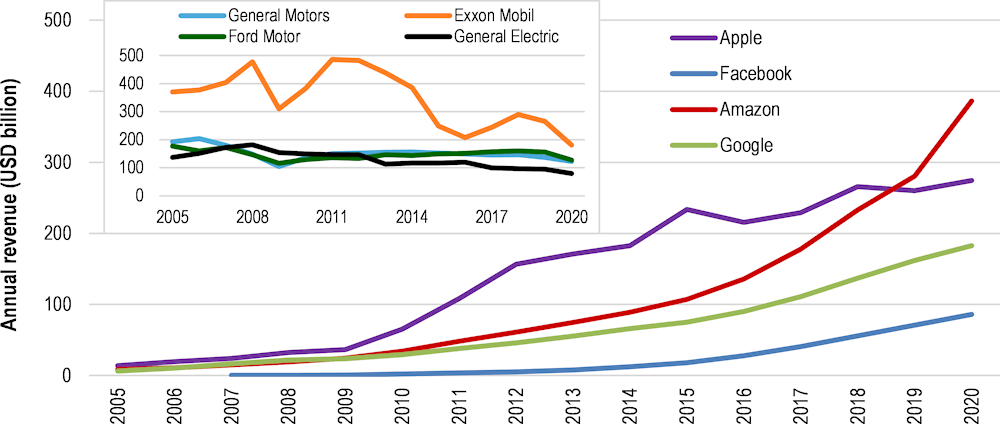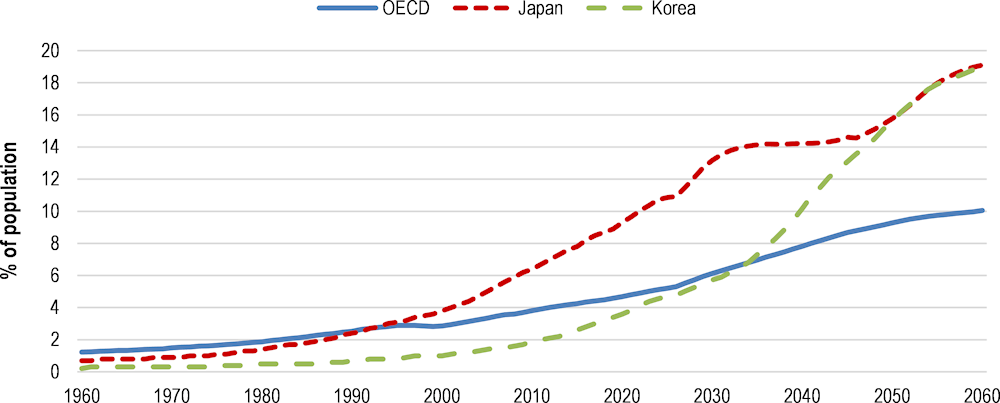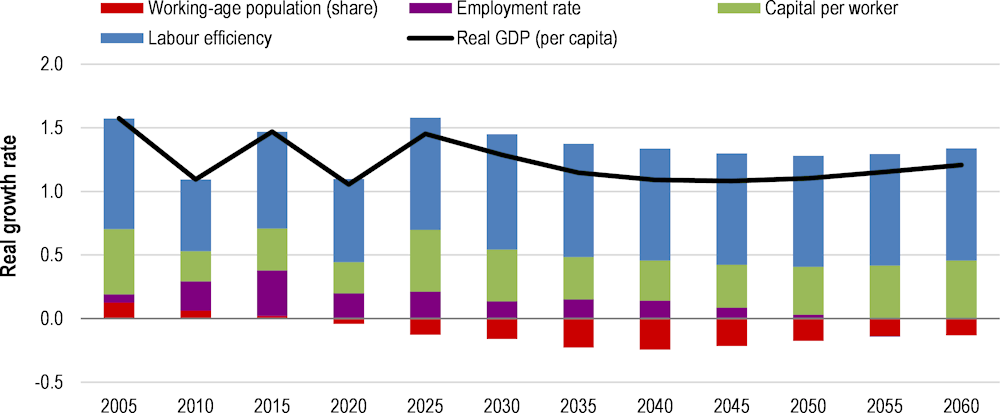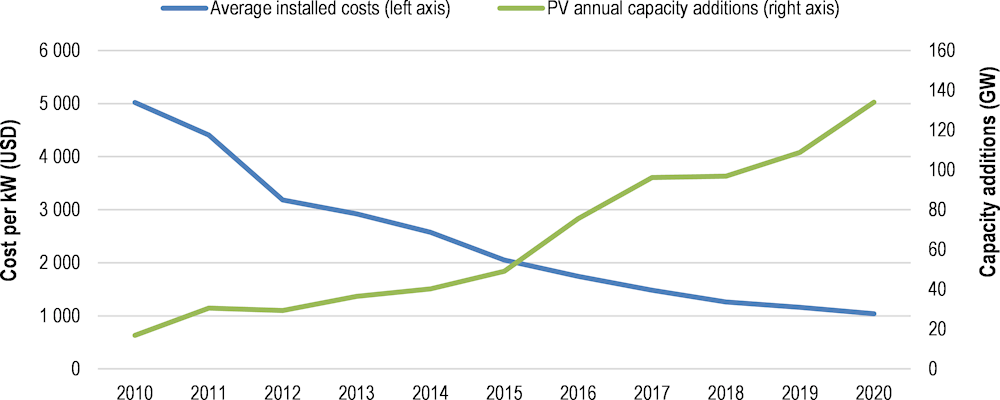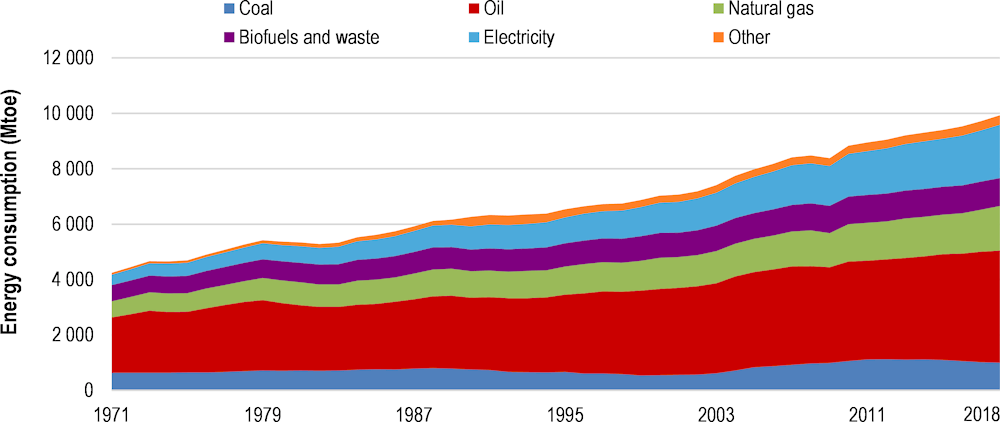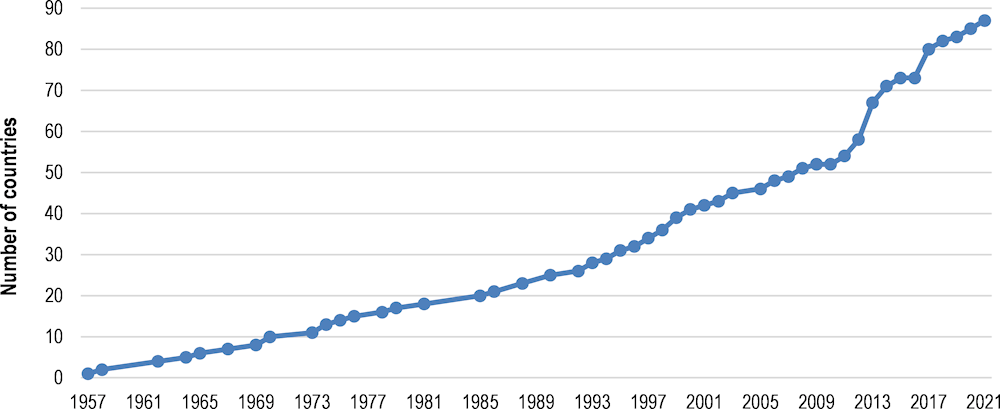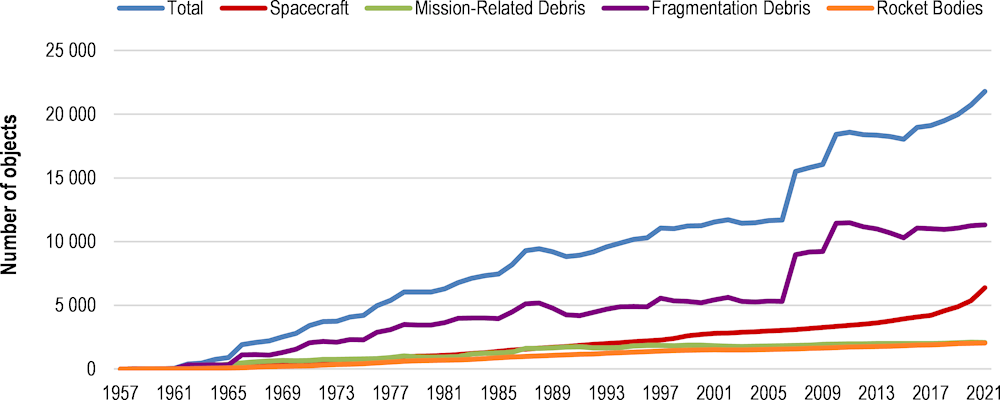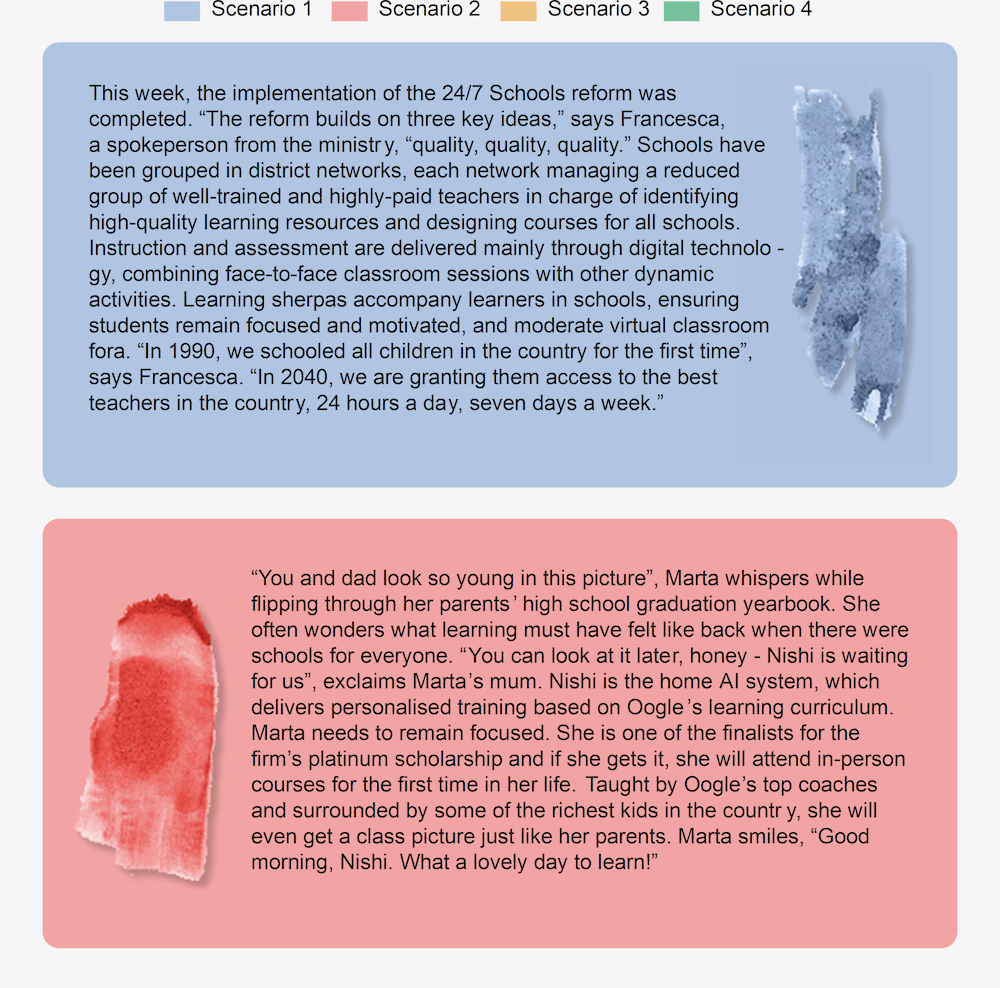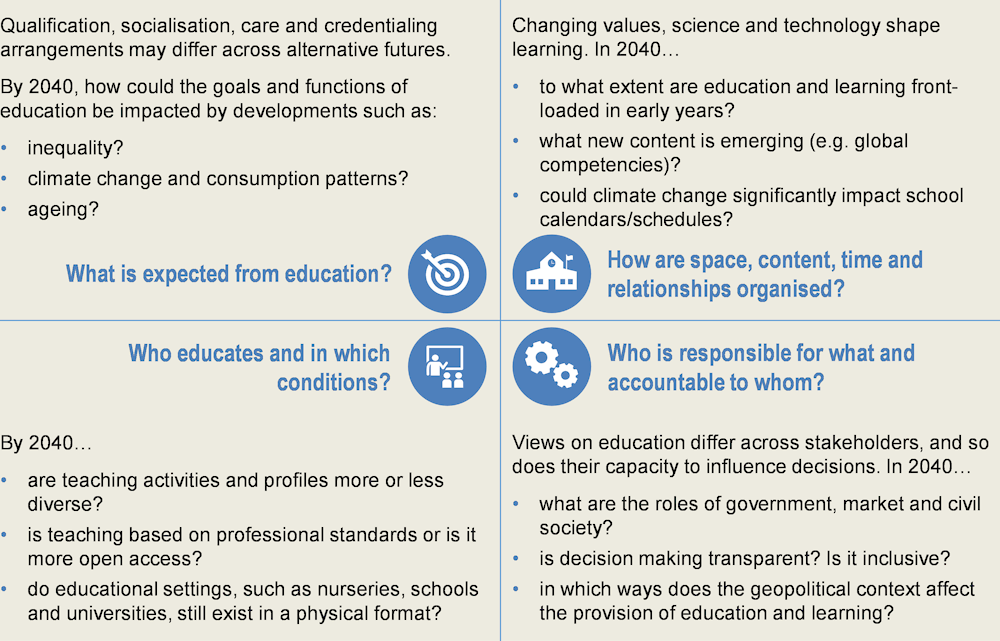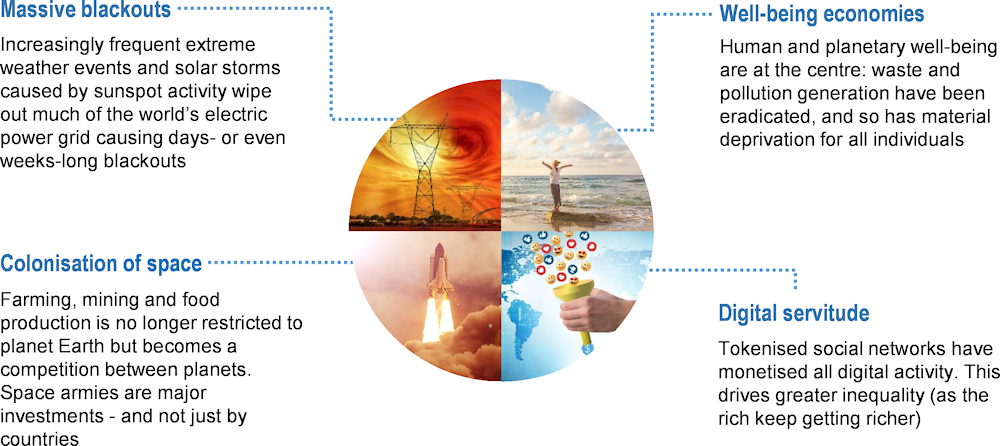In 1957, the Soviet Union launched the first satellite, Sputnik 1, into space. Since then, the number of countries participating in space activities has increased dramatically. Between 2008 and 2021, for example the number of countries with registered satellites increased from 50 to 87. Increasing affordability and accessibility of technology have facilitated the surge of satellites in space, with, for example, low-cost small satellite technology permitting the exponential growth of small satellite deployment.
In this context, private sector actors are increasingly participating in the space economy to take advantage of the vast opportunities it has to offer. Satellites, for instance, are associated with diverse research and commercial opportunities including space exploration, climate research, navigation and telecommunications, which all play an important role in societies’ functioning and economic development. Satellite filings, which reflect existing plans to launch new satellites in the coming years, suggest that there could be several tens of thousands of operational objects in orbit by 2030.
However, space activity also creates space debris. Since 1958, the amount of space debris increased almost 11 000 times. By the start of 2021, around 22 000 debris-related objects were in orbit. Debris moving at high speeds threaten to wreck functioning satellites and spacecraft, potentially disrupting weather forecasting, climate research and military missions. This can have social costs, as remote and rural communities would suffer disproportionately from a loss in satellite connectivity, which is essential to their digital access. Technological innovation will be crucial to ensuring debris removal and sustainability of future space activities.
Just as importantly, space-based technologies can support sustainable terrestrial growth, for instance, by monitoring climate change factors including sea levels, ice sheet flows and air pollution. Yet expanding the sector requires expanding its workforce. Education will be key in addressing the skills shortage of the space sector and preparing innovators who can promote sustainable development through space-based technologies, on Earth, to infinity, and beyond.






